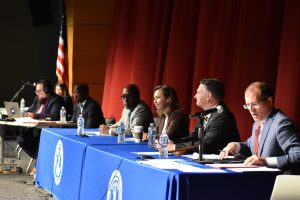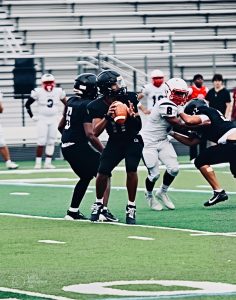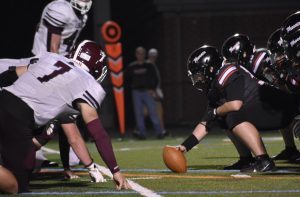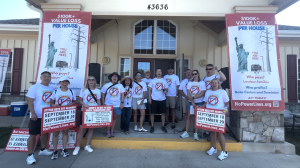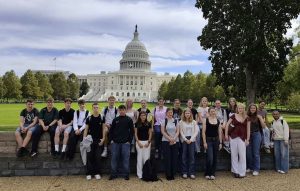Grounds for concern: The threat of sexual assault on college campuses should be discussed more often
“The Hunting Ground” gives students in Women’s Studies an awareness and a warning about one of college’s most chilling threats
April 24, 2019
Five months until I leave the bubble of my home, friends, family, Rock Ridge, and Ashburn. I’ll be traveling three and a half hours to find a new place I call home — Pennsylvania State University. I’ve been waiting for this moment for as long as I could remember. College is always made out to be this exciting and fun thing: football games, tailgates, living on your own, doing whatever you want, whenever you want. Based on TV shows and movies, the common thing you see shown at colleges are the parties. Everyone is having a great time and doesn’t have a care in the world. However, we only hear good things. We don’t always hear about the stories that have been silenced, dismissed, and erased.
This school year, I’ve been enrolled in Jessica Berg’s Women’s Studies class, the first of its kind in Loudoun County. I’ve learned a lot throughout the first semester in my Women’s Studies class, and recently we’ve been diving into the topic of sexual assault. According to the Merriam-Webster Dictionary, sexual assault is “illegal sexual contact that usually involves force upon a person without consent or is inflicted upon a person who is incapable of giving consent (as because of age or physical or mental incapacity) or who places the assailant (such as a doctor) in a position of trust or authority.”
In class, we watched a movie based on sexual assault on college campuses, “The Hunting Ground.” The movie shows and explains the different cases of sexual assault that occur nationwide to males and females at all schools, from local colleges to the most prestigious Ivy League schools.
There were no phones in sight. All eyes were on the Promethean. We all listened attentively to the chilling and haunting stories of these survivors. Nervous. Worried. Sad. Scared. Shocked. Informed. I left class that day wondering how colleges don’t report cases, how police don’t help, how the blame game works, why are people so quick to silence others, and why colleges function as businesses rather than a place of security for each student. In “The Hunting Ground,” they spoke to campus police from Notre Dame and other high officials from accredited universities that have separately repeated the allegations. The colleges care about their reputation and try to shut down allegations and cases before they get news coverage because it would damage the image of the school.
Sexual assault on college campuses is glorified on some TV programs and movies, creating this joking matter and stereotypes of the people involved. Data from womenshealth.gov reports that sexual assault is common among female students from all backgrounds, and are at the highest risks of assault in the first few months of their college life.
I still am extremely excited about college. However, I’ve learned to be careful about my surroundings and make sure that — if I see someone in need of help — to offer them the assistance they may not be receiving from others. The topic of sexual assault needs to be brought up more, because it can happen to anyone, and we need to begin educating people about it. If you, or someone you know, is in need of help or assistance, many national hotlines and programs are available. To those who are aware of the college or university they are attending- specific programs, numbers and steps are available on most school websites.
Main Virginia Colleges and Universities:
University of Virginia: https://eocr.virginia.edu/appendixa-1
Virginia Tech: https://www.stopabuse.vt.edu/Get_Educated/sexual_assault.html
James Madison University: http://www.jmu.edu/access-and-enrollment/titleIX/resources/sexual-assault-resources.shtml
Virginia Commonwealth University: https://health.students.vcu.edu/patient-resources/sexual-assault/
Old Dominion University: https://www.odu.edu/sees/sexual-assault-resources

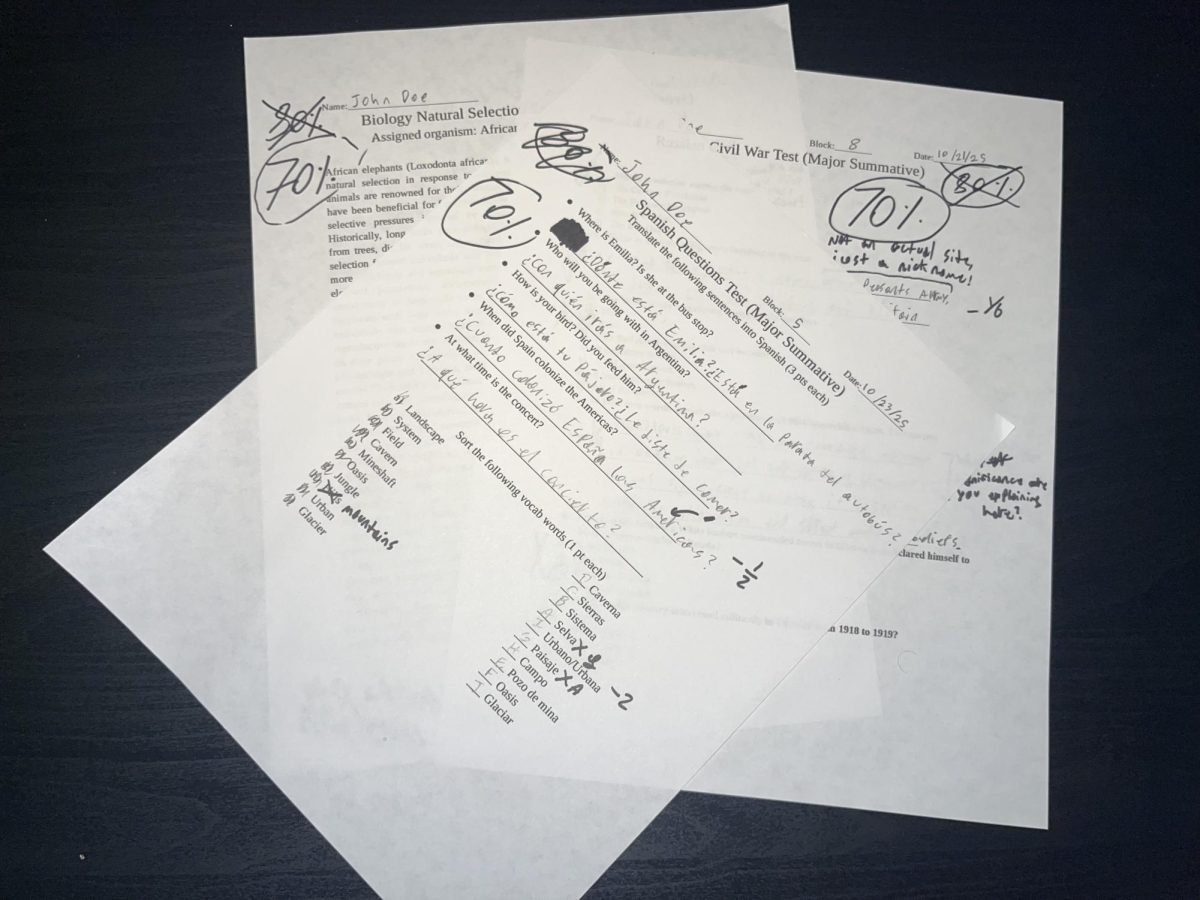
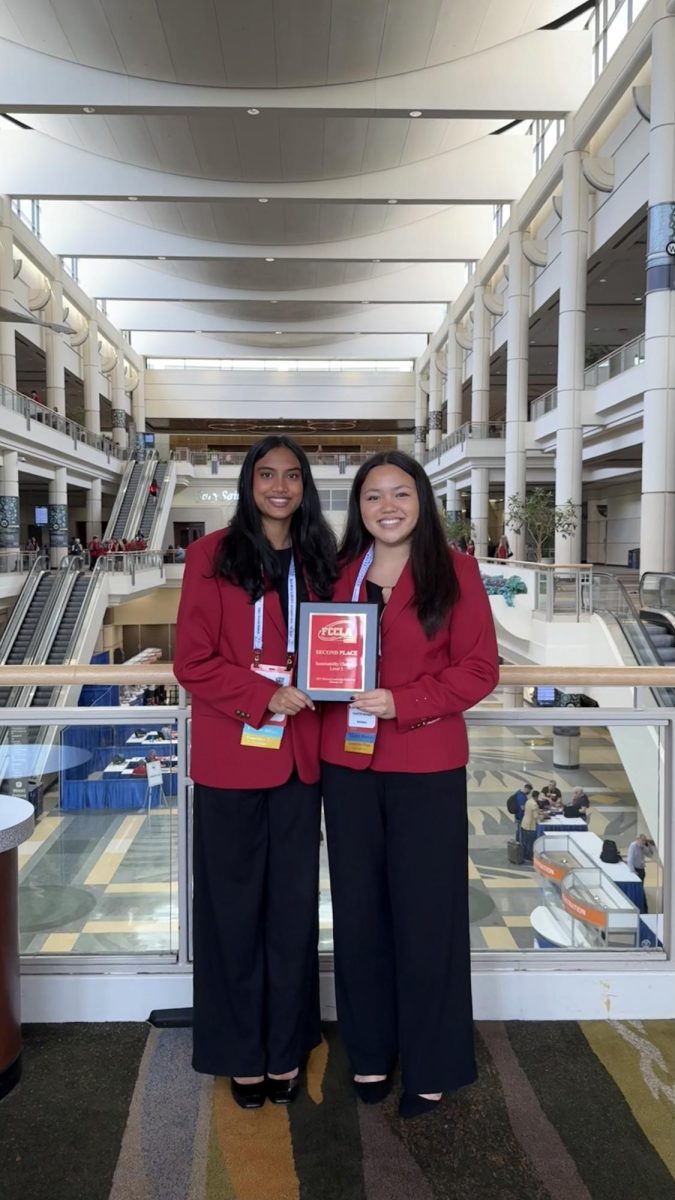



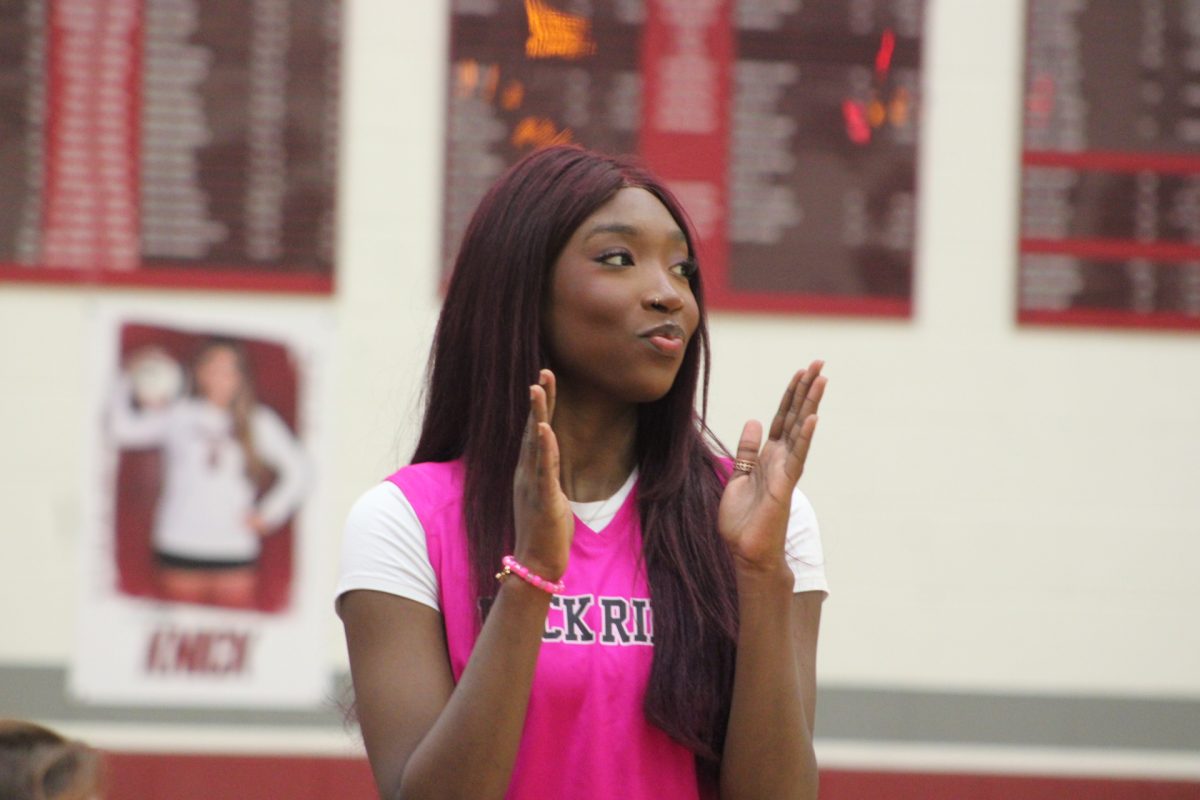
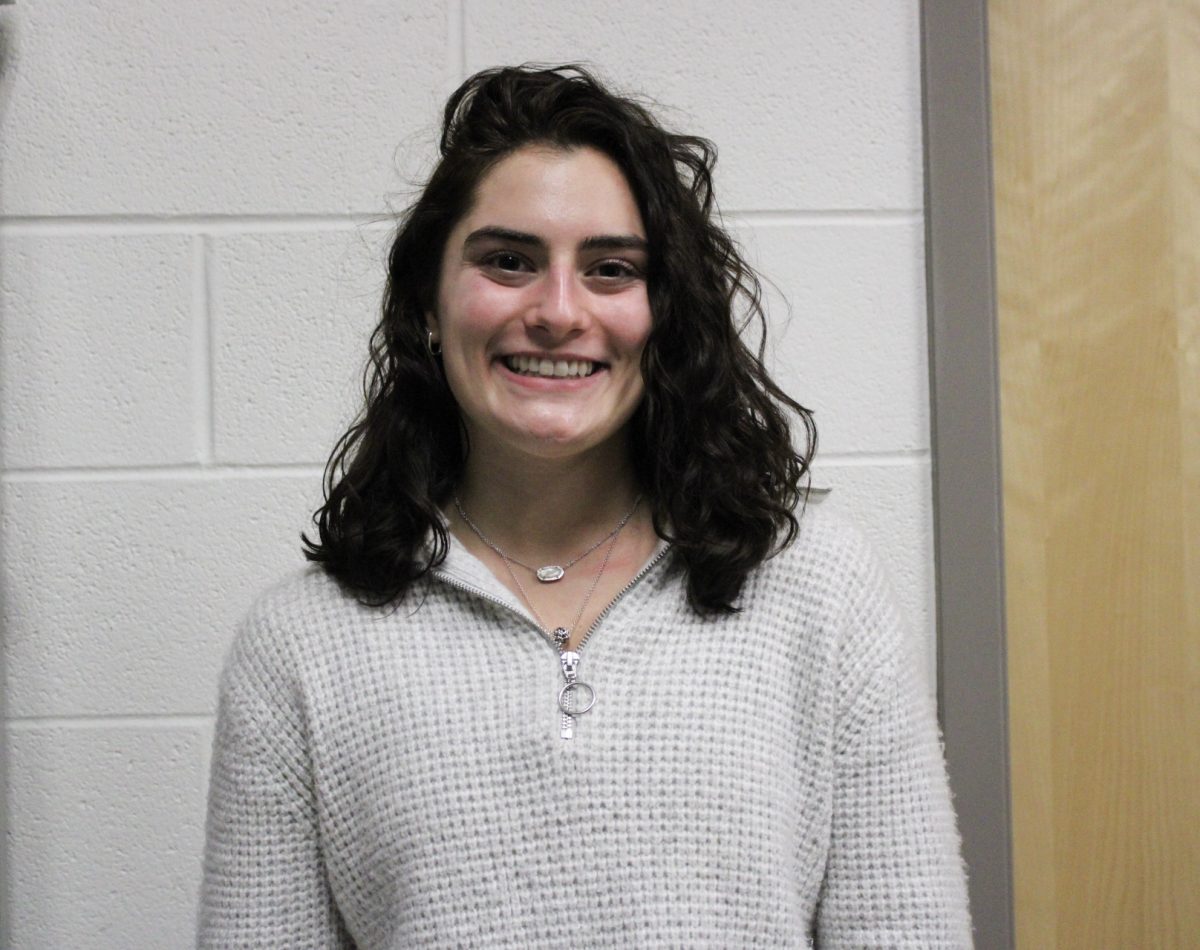







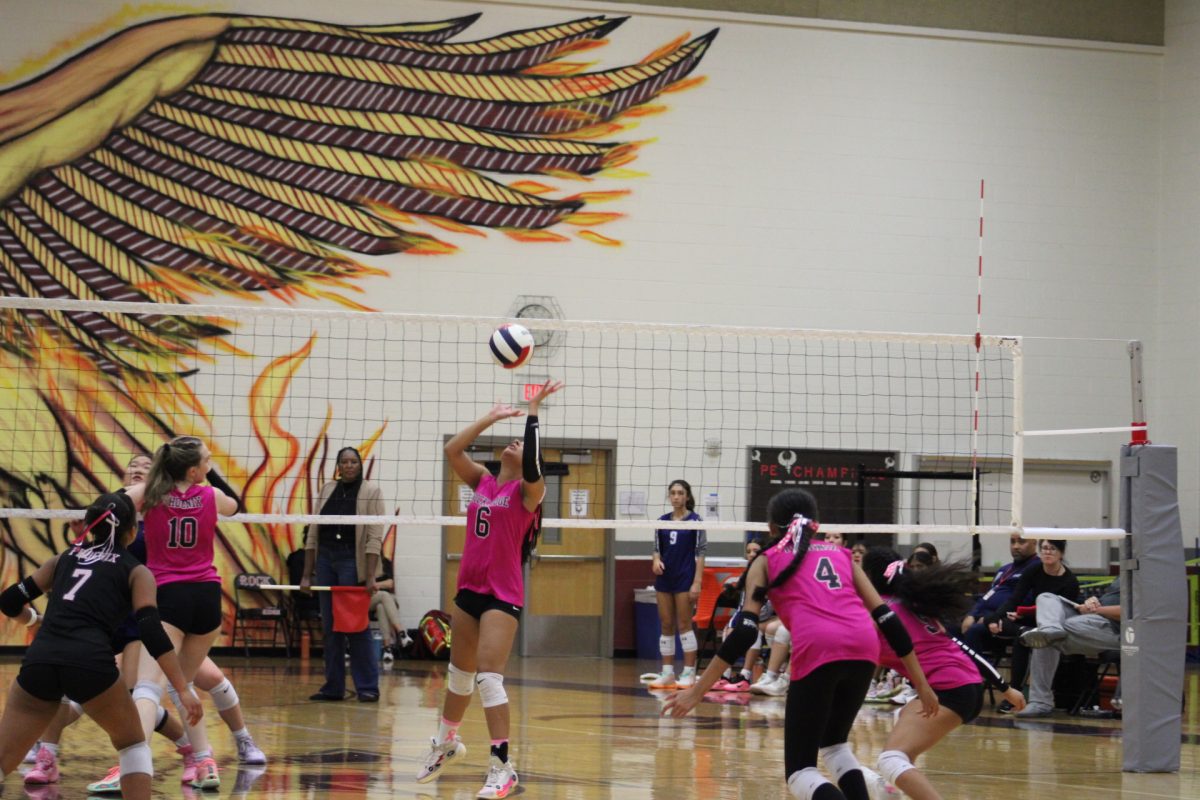








![The Phoenix varsity volleyball team lines up for the national anthem. “We were more communicative [with each other] during this game, and I feel like we kept our energy up, especially after the first set,” senior Jessica Valdov said.](https://theblazerrhs.com/wp-content/uploads/2024/10/DSC_0202-1200x800.jpg)










![Junior Alex Alkhal pitches the ball. “[I] just let it go and keep practicing so we can focus on our goal for the next game to get better as a team,” Alkhal said.](https://theblazerrhs.com/wp-content/uploads/2025/05/DSC_0013-1-1200x929.jpg)



















